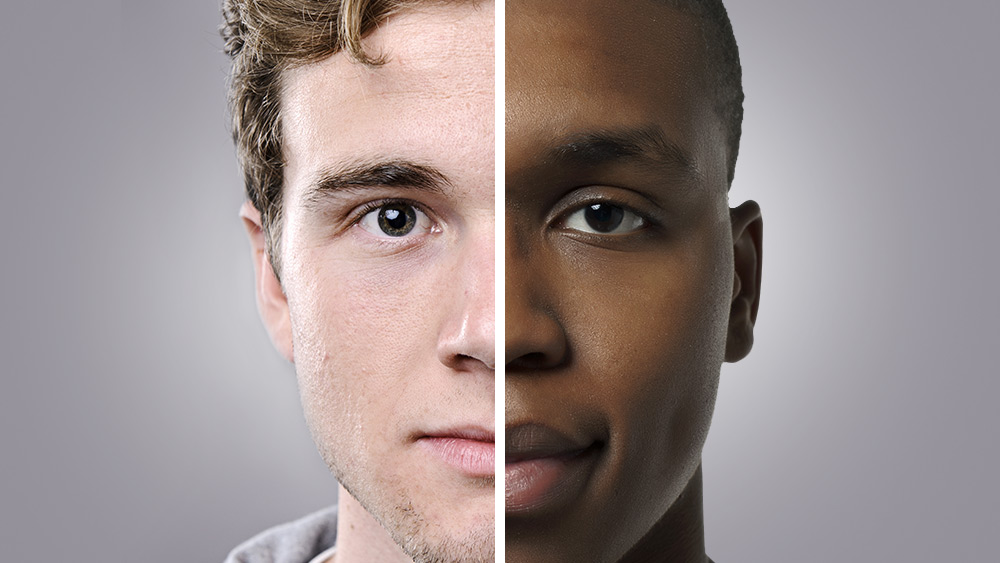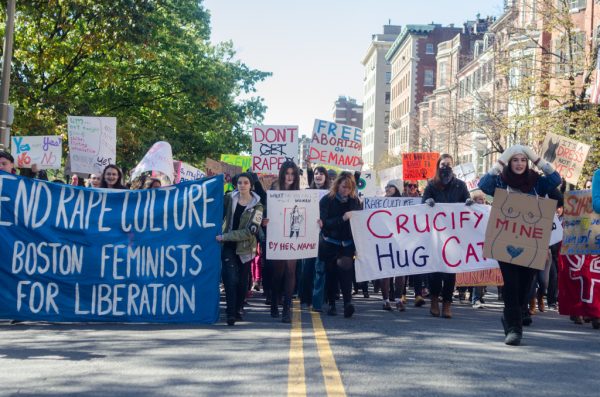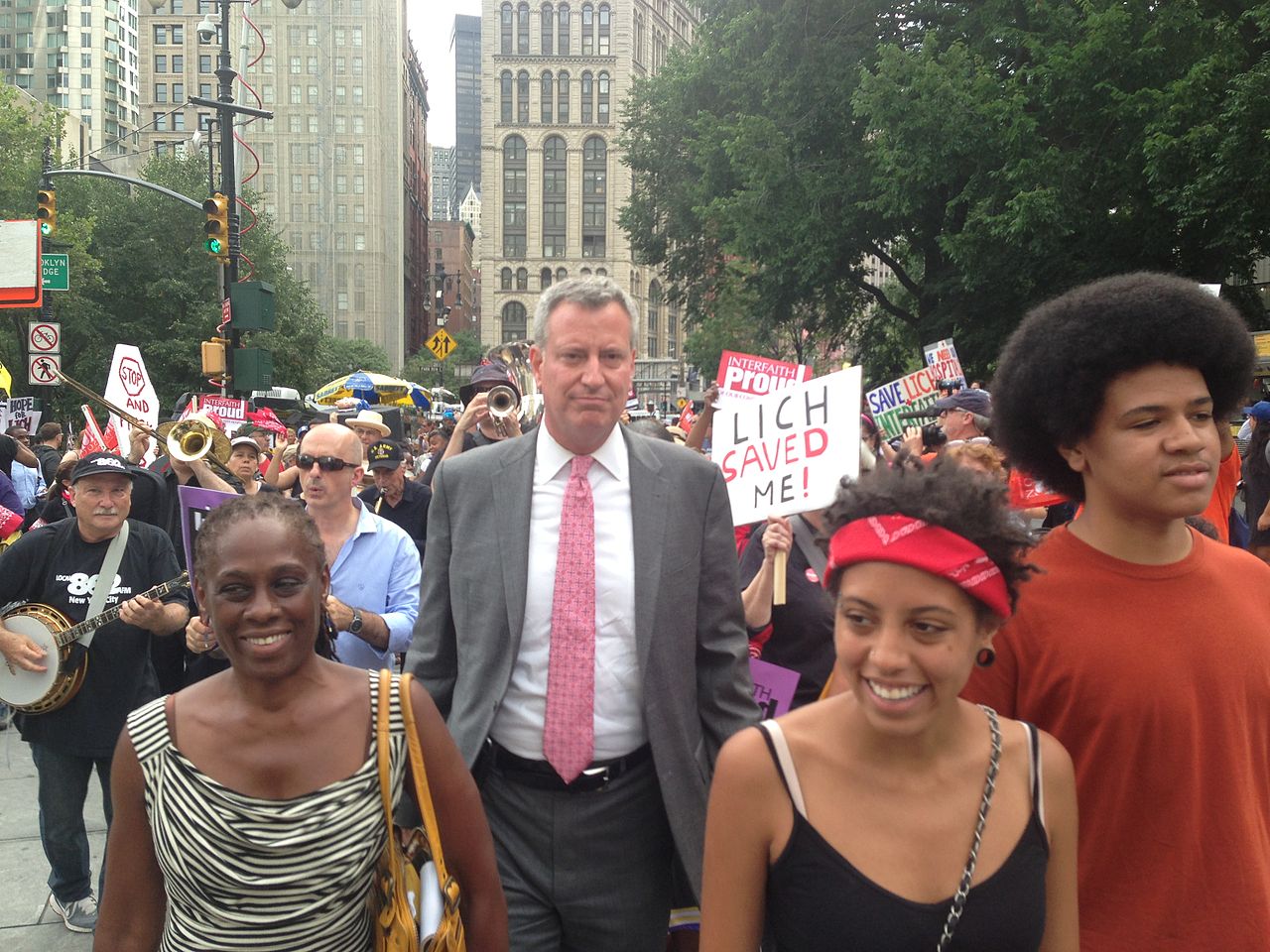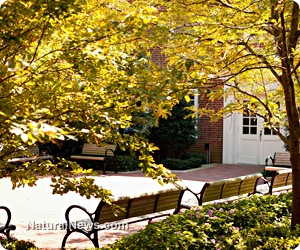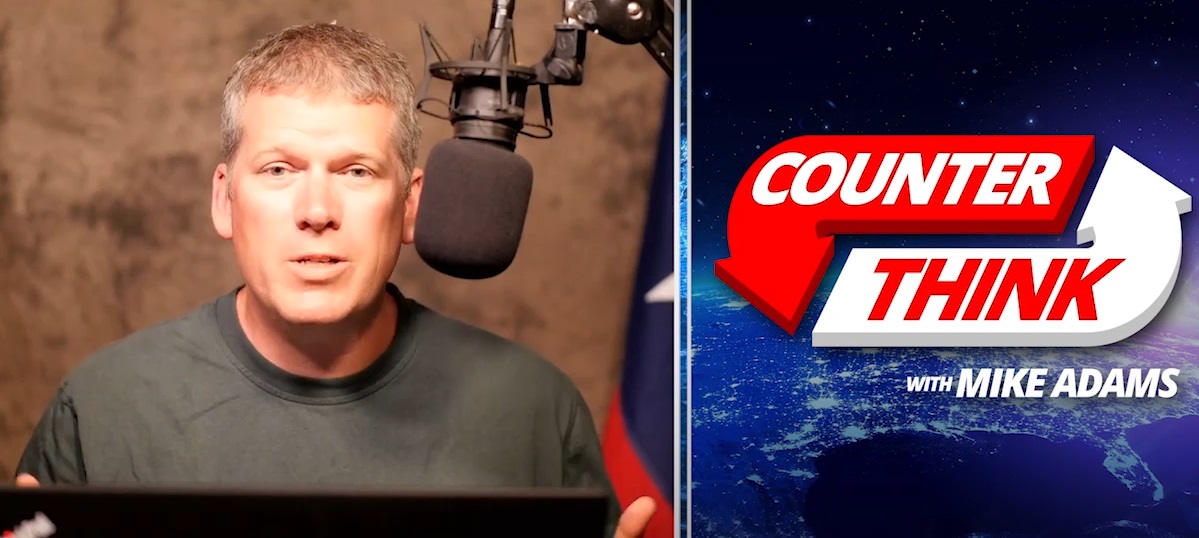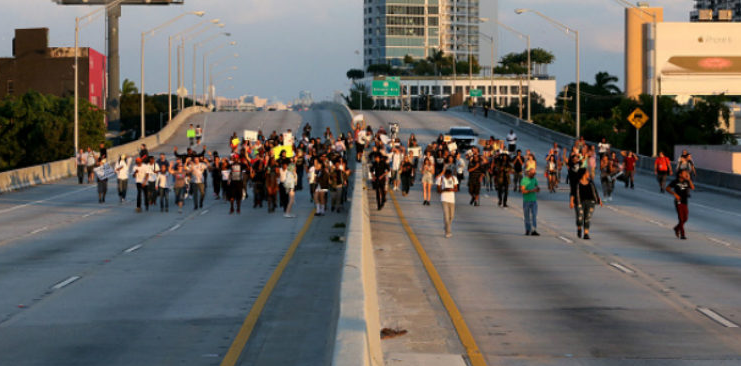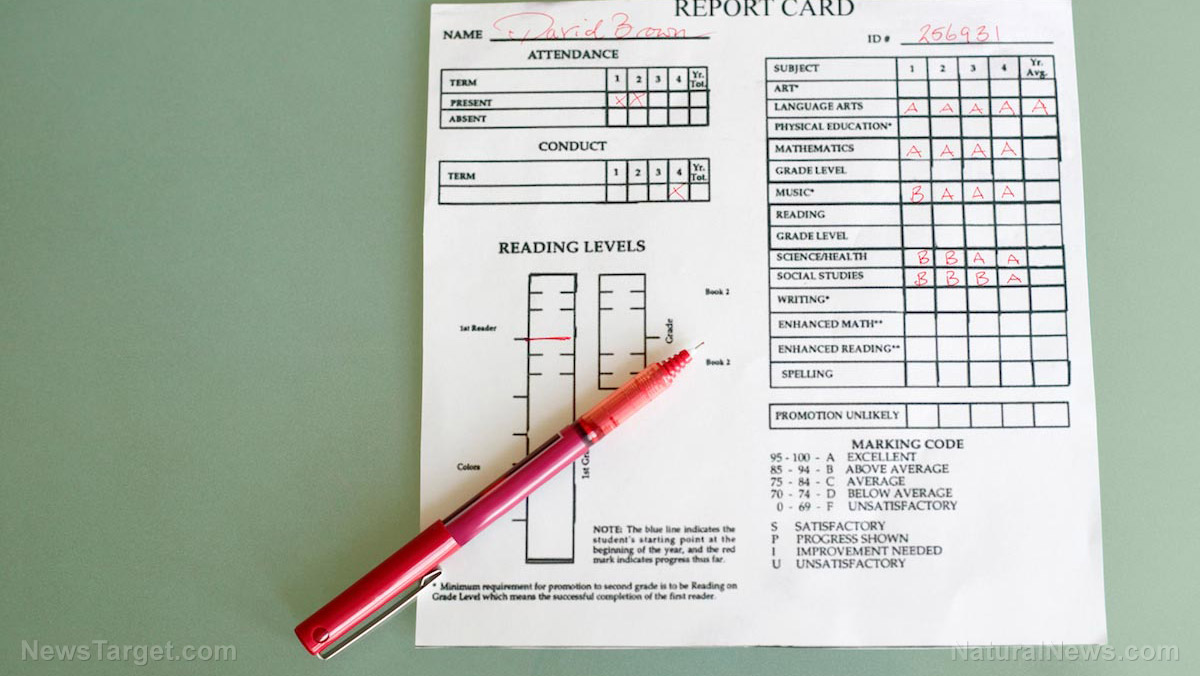Conflict is not a bad thing: Healthy discourse and debate lead to better understanding and cooperation
08/22/2018 / By Rhonda Johansson
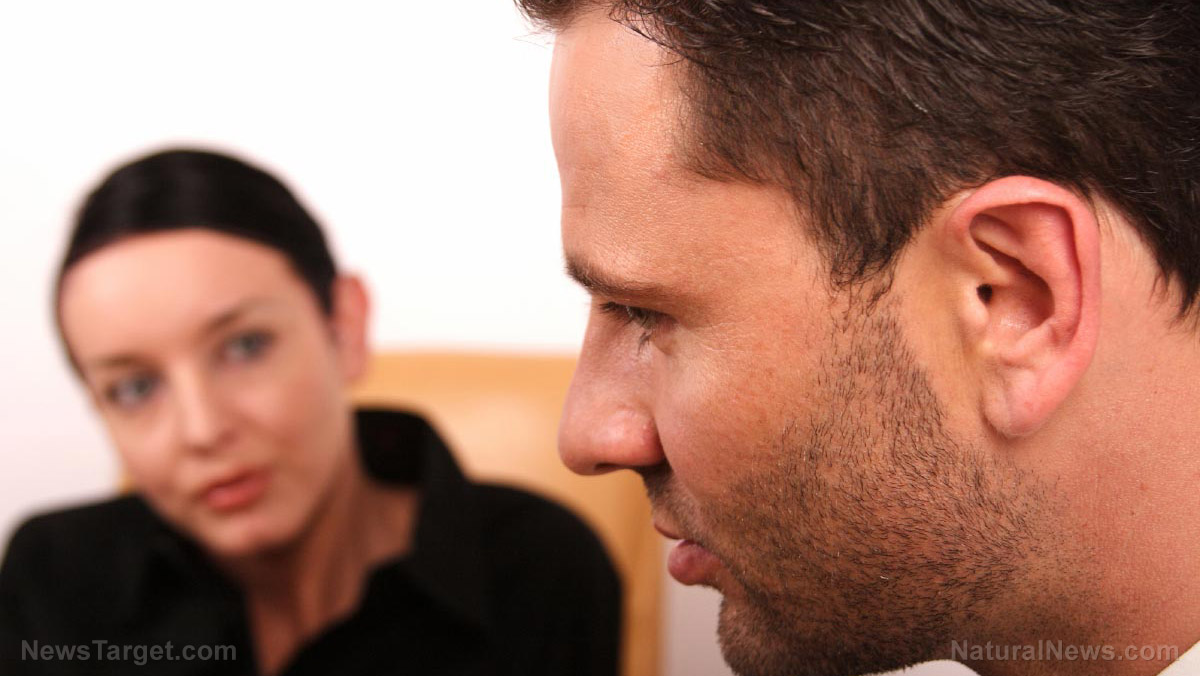
Associate Professor of Political Science from the University of Guelph, Ian Spears argues that conflict is necessary to achieve security. The statement seems to contrast all the political movements being made by the extreme Left who cry injustice at every single opportunity. Peace, they scream, is being threatened by… well, everything. However, Professor Spears says that more intuitive reasoning needs to be placed on what constitutes “conflict.” He is convinced that mainstream media has somehow influenced people to believe that “peace” is the absence of fighting rather than a state in which people are part of an equitable society.
“If we place justice above peace as the ultimate goal, the discussion about contemporary violence and conflict shifts into an examination of the complexity of these issues, and the different attitudes, expectations and circumstances that drive conflict,” he writes.
A closer examination of his opinion needs to be made. It isn’t that Professor Spears is calling for more people to be more argumentative. Instead, he believes that championing a cause can sometimes necessitate “violent” acts (by violent, we mean engaging in active debate which requires a person to engage openly with another individual).
Conflict, in itself, is not bad. A Merriam-Webster definition of the term describes it as the “competitive or opposing action of incompatibles.” It never assumes a moral shading, nor was it made to. Conflict simply means that there are two things that are not currently aligned with each other. As adults we are told to avoid conflict as much as possible — to “keep the peace” in other terms — because that is the glue which holds society together. The most effective way of doing this is to run away or to ignore a specific problem, and increasingly, to condemn any topic that might spark discussion from different perspectives.
However, following this course of action means that the conflicts themselves do not get resolved. They are swept under the rug with the silent prayer that they will never resurface. This is the elephant in the room that everyone willfully ignores.
An interesting theory seems to support Professor Spears’ reasoning. A practice group called “Restorative Circles” is built upon the idea that conflict can be actively resolved through healthy discussions. It is a community process that brings three parties together (those who have acted, those who were impacted, and representatives of a wider population/group) to create a dialogue as equals. Because participation is voluntary, it is assumed that all three groups will share openly and end with an action plan that will bring mutual benefit.
A 2016 study published in the Psychology of Violence seems to suggest that this method of resolution works relatively well in a high school setting but may not be applicable for all sorts of conflicts. One of the more common reasons for “failure” is a feeling of disappointment from one or more groups that the other party(ies) do not understand the problem.
More research is needed to fully understand the mechanisms behind the theory, but the idea of moving towards conflict is highly resonant. There is a hypothesis that “Restorative Circles” could lessen violent communication by highlighting the importance of verbal discussion. Sometimes consensus only happens after debate.
Another study on conflict management and resolution concludes that it is not a question of whether people should confront a conflict, but how they decide to do so. Proper strategies need to be made to fully resolve any conflict. Of particular note is the supposed effectiveness of debate and healthy arguing.
It is sad to think that we live in one of most advanced and “free” countries in the world and yet we cannot agree among ourselves. The political climate of America is so highly charged that just reading about it can make your skin itch. So many articles and stories talk about our right to free speech — but how exactly are we wielding this power? Independent media sites like ours are being bullied and we are told what we can and cannot write about.
We are not living in a peaceful society. We may not be at open war with each other here, but we allow no room for open discussion either. (Related: Take a look at what passes for award-winning “debate” in our twisted, delusional culture (video).)
To read more articles that talk about how healthy debate is no longer an option for us, go to Intolerance.news.
Sources include:
Tagged Under: campus insanity, community, conflict, conflict management, conflict resolution, consensus, Crybullies, debate, debating, discourse, extreme politics, First Amendment, freedom of speech, human nature, human rights, insanity, intolerance, society


